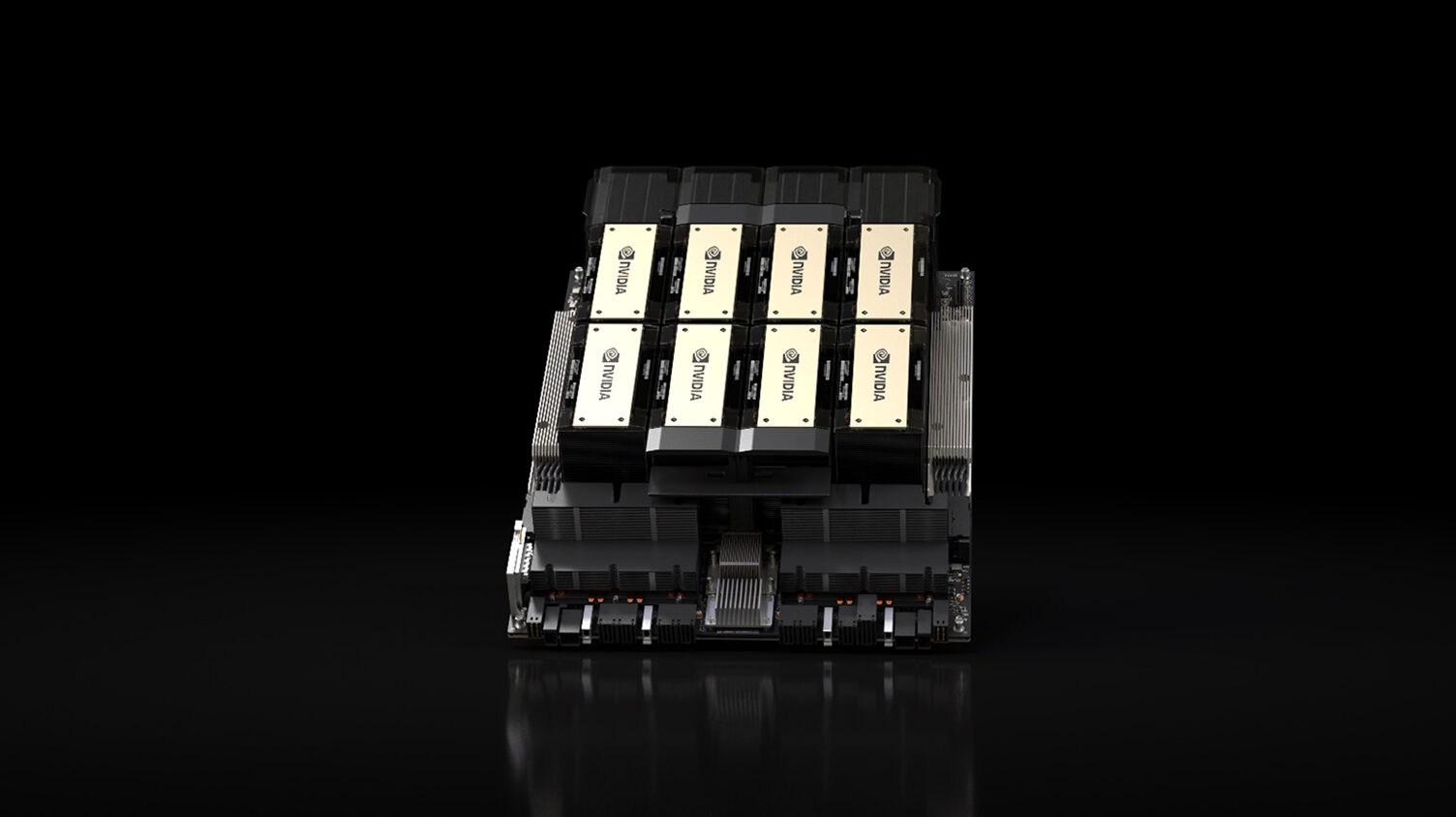U.S. Department of Justice subpoenas Nvidia in AI antitrust investigation
One step closer to launch a formal complaint.

The U.S. Department of Justice (DOJ) has issued legally binding subpoenas to Nvidia and third-party companies as part of its antitrust investigation into Nvidia, reports Bloomberg. The move does not mean that the government is launching a formal complaint, but it is a step forward from initial inquiries as the DOJ looks into whether Nvidia's dominance in the AI processor market has led to anti-competitive practices.
Anti-trust officials are particularly concerned that Nvidia is limiting competition by making it harder for customers to switch to other AI processors. There are also allegations that the company uses strong arm tactics and punishes buyers who do not rely exclusively on Nvidia's AI GPUs like A100 or H100 by delaying their orders, which raises concerns regarding limiting market access to its rivals.
The investigation is also examining claims that Nvidia forced cloud service providers to bundle purchases, requiring them to buy products like A100 or H100 GPUs alongside Mellanox-branded networking gear, potentially limiting their options. Additionally, the DOJ is looking into whether Nvidia charged higher prices for its networking equipment to customers who chose AI processors from rival companies like AMD and Intel.
The DOJ investigation is led by its San Francisco office, which is located in the same state as Nvidia's headquarters. The U.S. government views AI technologies as vital for the country's economic competitiveness and national security, while Nvidia continues to dominate the AI processor market, its business practices remain under intense regulatory scrutiny.
The DOJ's investigation is also looking into Nvidia's acquisition of RunAI, a company that develops a software scheduler for AI workloads. Regulators are worried that this deal could further entrench Nvidia’s position in the market by making it even more difficult for customers to switch to alternative solutions.
Amid these concerns, Nvidia has defended its practices, claiming that its products succeed due to superior performance and customer value. He emphasized that clients are free to choose whatever works best for them, while the company prioritizes those who can quickly integrate its products into existing infrastructure.
Despite the regulatory scrutiny, Nvidia has seen remarkable financial growth due to its AI GPU business. Projections for 2024 estimate that Nvidia's revenue will reach $120.8 billion, up from just $16 billion in 2020, notes Bloomberg.
Get Tom's Hardware's best news and in-depth reviews, straight to your inbox.

Anton Shilov is a contributing writer at Tom’s Hardware. Over the past couple of decades, he has covered everything from CPUs and GPUs to supercomputers and from modern process technologies and latest fab tools to high-tech industry trends.
-
ezst036 If only Nvidia were smart enough to not make as good of a products as what it currently makes, they could have avoided this whole thing.Reply -
vanadiel007 This is like all the anti trust cases that Microsoft was subjected to. In the end, Windows and Office are still the absolute dominators of both markets.Reply
It just does not work under anti-trust, if the position was gained by simply having a product people want and being the one able to offer it.